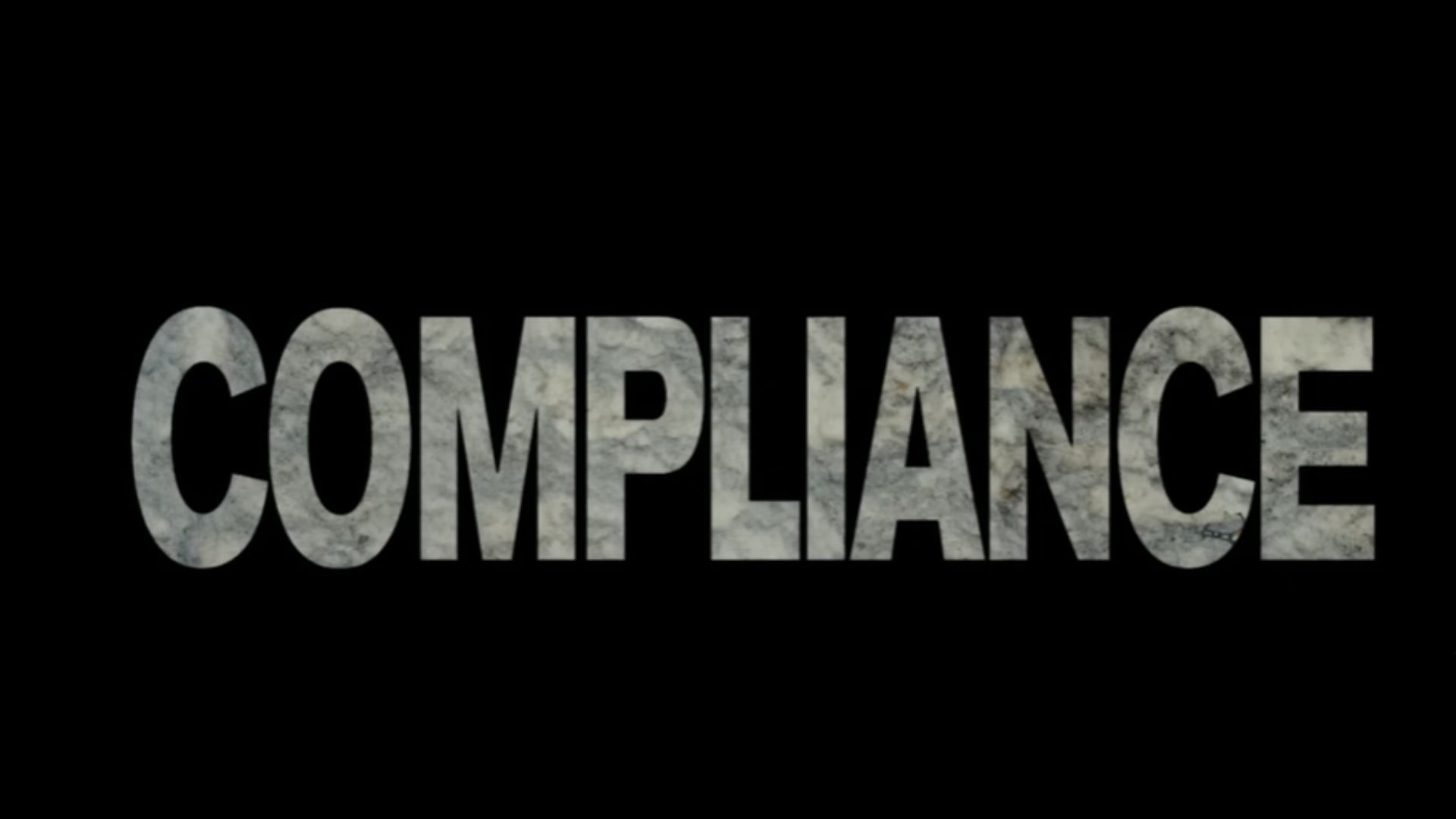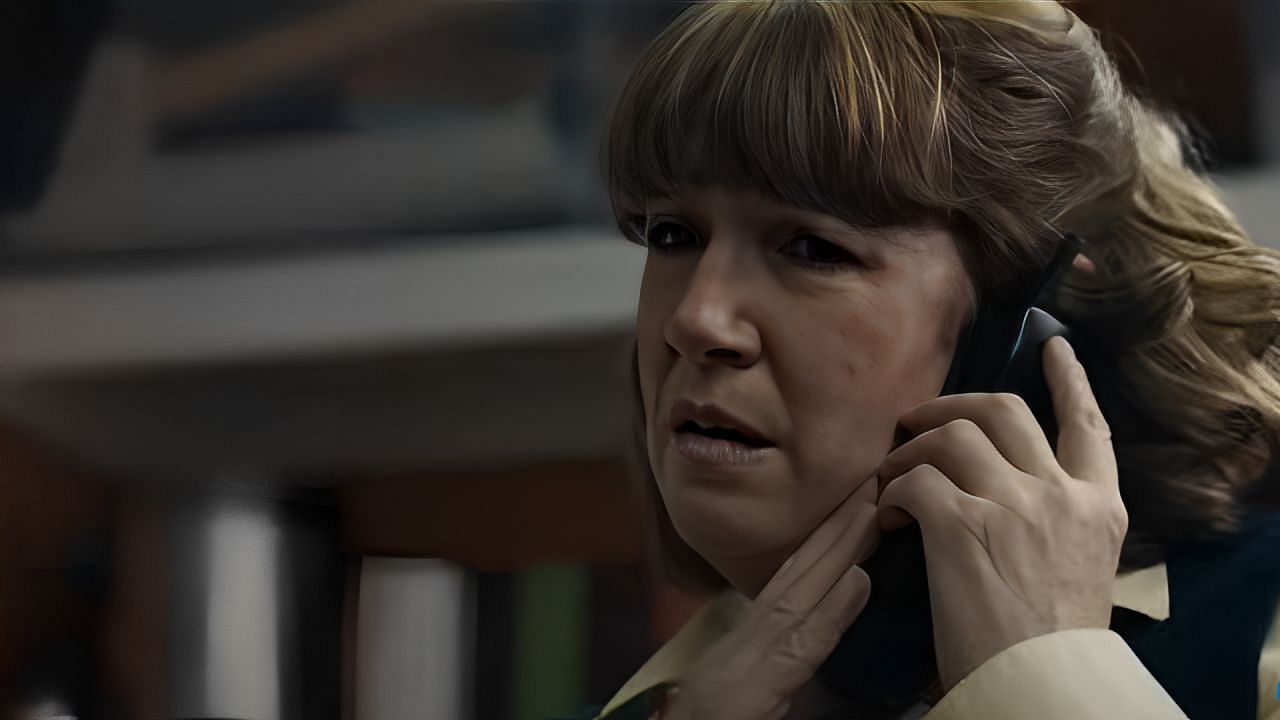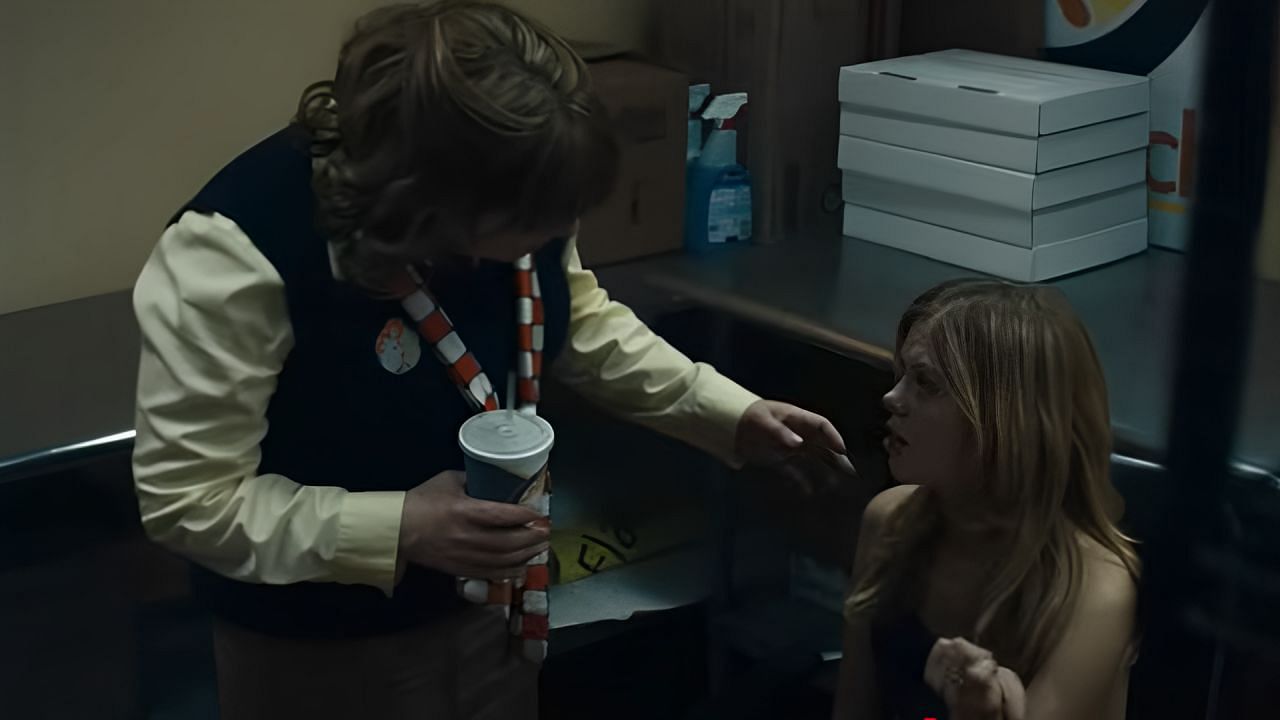Is the Compliance movie based on true story? Explained

Compliance (2012) is a psychological thriller directed by Craig Zobel, based on a real incident from 2004 in a McDonald's at Mount Washington, Kentucky. The film follows a fast-food restaurant manager who is tricked by a caller posing as a police officer.
It is an actual case when an anonymous caller manipulated the restaurant manager into detaining, stripping-searching, and humiliating a young employee. The story explores themes of authority, obedience, and human behavior under pressure, highlighting issues of trust in authority and corporate accountability.
What happened in the real-life incident that inspired Compliance?

The incident took place in 2004, when an unknown caller claiming to be a police officer called a McDonald's restaurant in Kentucky. He claimed that a young female employee there had stolen from one of its customers and ordered the manager of the restaurant to arrest and strip-search her.
Over several hours, the caller continued to make dehumanizing and abusive orders and manipulated the manager and her fiancé to join in the humiliating treatment of the employee.
The investigation uncovered that such calls were made to hundreds of restaurants in the United States. A suspect, a Florida prison guard, was identified and put on trial. He was acquitted of all charges. The victim sued McDonald's for negligence and settled after years of fighting it out in court.
How accurately does Compliance depict the real event?

Director Craig Zobel aimed to stay true to the real-life case in Compliance. Many scenes, like the coercive phone call, the manager's blind obedience, and the victim's psychological trauma, are based on actual events. Zobel also added dramatic elements to increase the tension and emotional impact of the story.
While some viewers panned the film as exploitative, Zobel justified his approach by saying that sometimes one has to face such revolting realities of blind obedience to authority. This is a very uncomfortable experience, but it is very effective in commenting on human behavior under perceived authority.
What lessons can be learned from the Compliance case?

The case—and the real-life incident it portrays—highlights the dangerous consequences of unquestioning obedience to authority figures. It raises important questions about how people respond to authority, especially under pressure, and why critical thinking often takes a backseat in such scenarios.
This incident is remembered in the history for businesses, where employee training and protocols to handle unusual or suspicious instructions become an essential lesson. It is also a very sharp reminder of the psychological vulnerabilities that can be exploited in a high-stress environment.
Why did the caller’s instructions go unquestioned for so long?

Probably, one of the most fascinating elements of the case is that the caller managed to dominate the situation for hours without ever being asked questions. Psychologists explain that such power dynamics played a great role in the case since the perceived authority of the caller, coupled with the high-pressure environment of the workplace, created a perfect storm for compliance.
The employees involved were conditioned to follow orders from authority figures without questioning their legitimacy. Combined with the fear of consequences, the gradual escalation of demands also played a great role in why the caller's instructions went unchallenged for such an extended period. This case remains a stark reminder of how authority can be abused in manipulative ways.
Compliance is currently streaming on Netflix.
Read More: 7 most popular hollywood movies of all time




